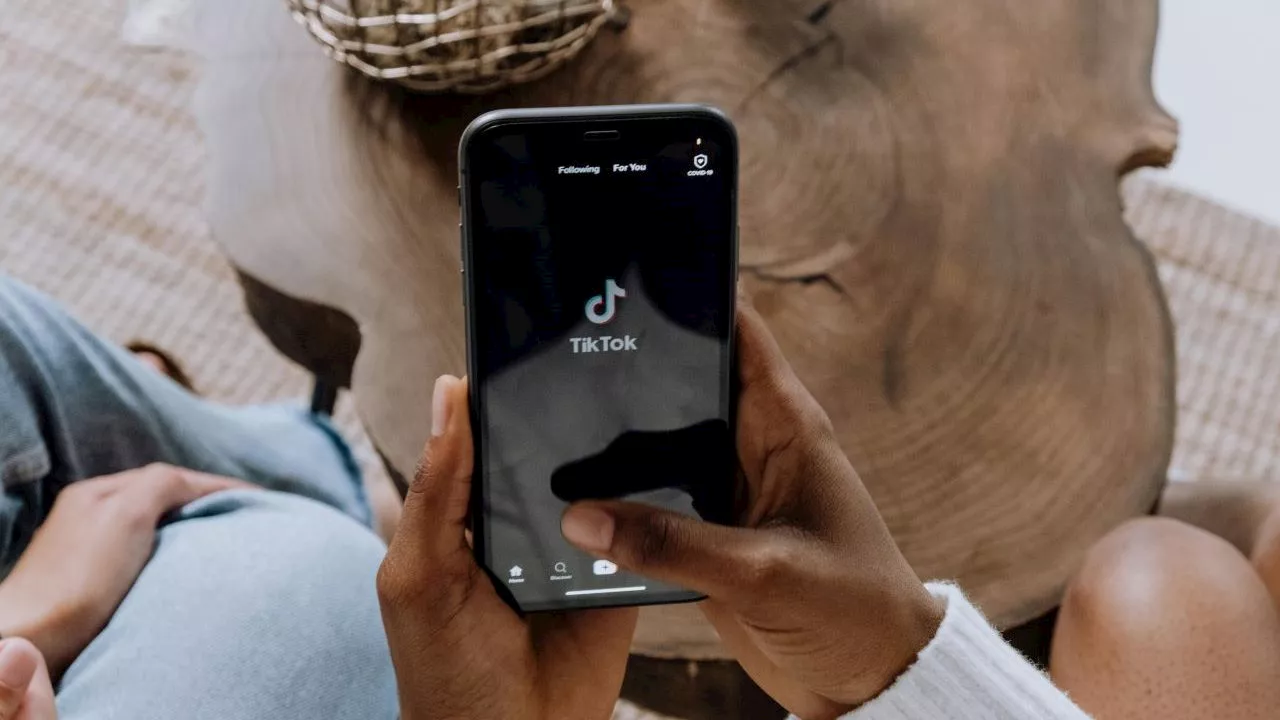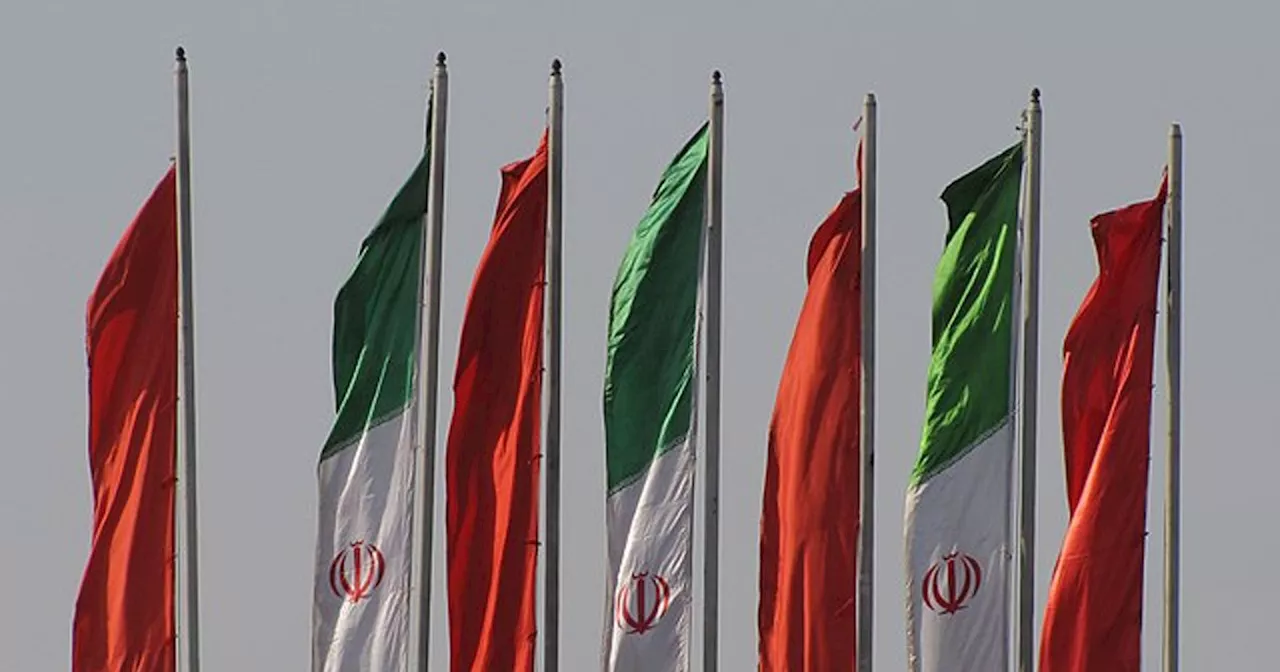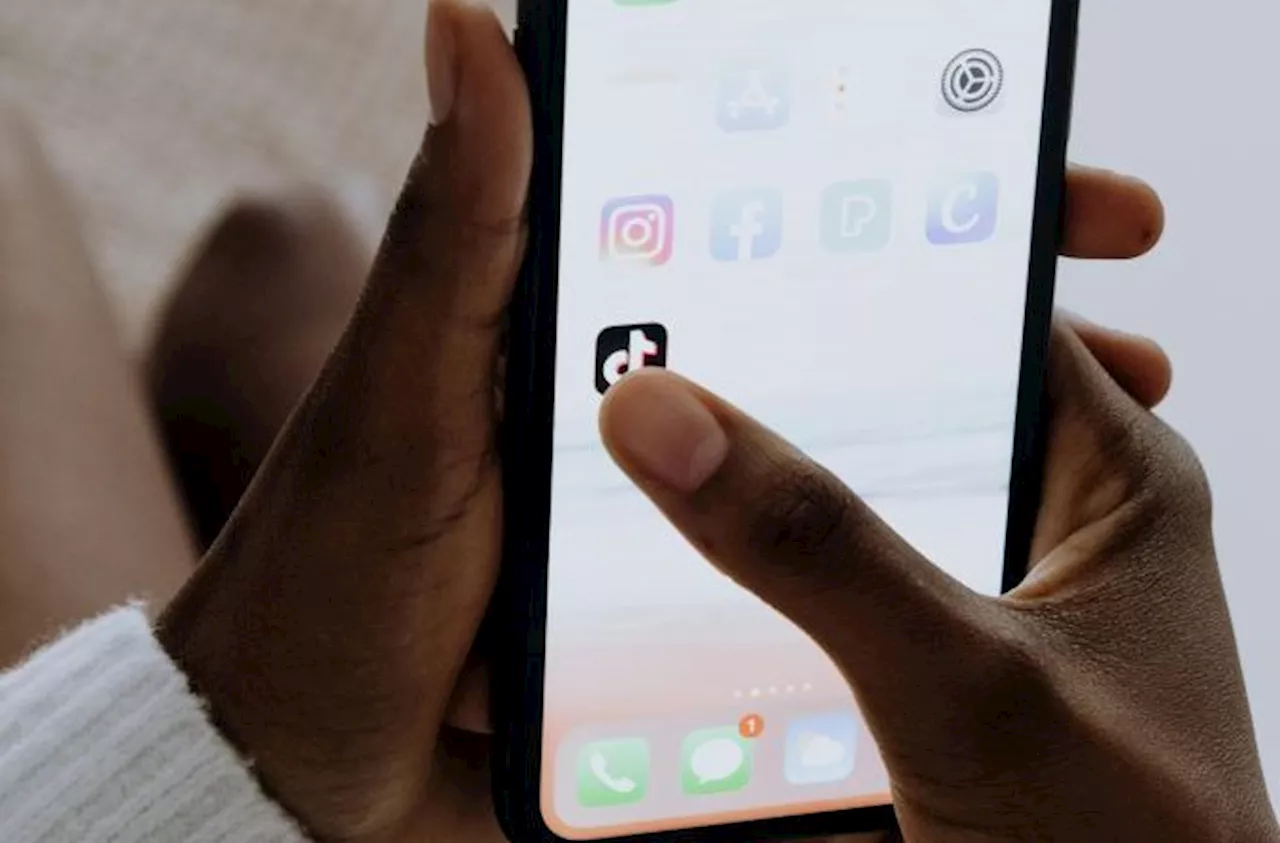The Supreme Court of Uganda has ruled that the General Court Martial (GCM) is unconstitutional in trying civilians, upholding a previous decision by the Constitutional Court. This landmark ruling has significant implications for the country's justice system and raises questions about the balance between national security and individual rights.
The Uganda n Supreme Court has issued a landmark ruling declaring that the General Court Martial (GCM) lacks the jurisdiction to try civilians. Chief Justice Alfonse Owiny-Dollo, delivering the judgment, upheld a previous Constitutional Court decision that had nullified military trials of civilians, effectively challenging the government's long-held stance on the matter.
Various justices emphasized the GCM's limited scope, stating that it is a military organ with jurisdiction confined to disciplinary matters within the Uganda People's Defence Forces (UPDF). Justice Elizabeth Musoke articulated that the GCM's power is limited to disciplinary actions and cannot handle general judicial functions, while Justice Percy Night Tuhaise stressed that all criminal prosecutions should be undertaken by the Director of Public Prosecutions (DPP) for impartial justice to be served. The justices highlighted concerns regarding the GCM's independence and impartiality, emphasizing that its members lack the necessary legal qualifications to guarantee fair trials for civilians. Justice Bamugemereire noted that the GCM is not a subordinate court and lacks crucial features such as independence and impartiality. Justice Musoke further clarified that the GCM's jurisdiction extends beyond disciplinary matters, rendering it legally inappropriate to try civilians. The court ordered the GCM to confine its trials to members of the UPDF for disciplinary offenses only, with any cases requiring imprisonment to be transferred to the DPP for prosecution in a competent civilian court.Attorney General Kiryowa Kiwanuka, representing the government, argued that the GCM's jurisdiction over civilians was justified for national security reasons. However, Chief Justice Owiny-Dollo addressed public criticism of the judiciary, particularly concerning perceived delays in politically charged cases. He refuted claims of undue delays, asserting that the judgment had been reached within a reasonable timeframe. He also defended the judiciary's independence, urging respectful discourse and constructive criticism rather than attacks on judicial officers. The ruling is expected to have significant ramifications, prompting legal experts to call for government reforms to align the military justice system with constitutional provisions. The Supreme Court also awarded costs to the respondents, a strong rebuke of the government's stance.While the ruling marks a victory for human rights advocates who have long challenged military court trials of civilians, the government's response remains uncertain. It is unclear if they will seek legal amendments to reinstate some of the military court's powers. The immediate impact will be the release of individuals currently detained by the GCM, including Dr. Kizza Besigye and his associate Obeid Lutale, as well as their lawyer Eron Kiiza. The Supreme Court judgment sets a precedent for future cases and raises crucial questions about the balance between national security and the fundamental rights of civilians.
SUPREME COURT UGANDA MILITARY COURT CIVILIANS CONSTITUTIONAL RIGHTS JUDICIAL INDEPENDENCE
South Africa Latest News, South Africa Headlines
Similar News:You can also read news stories similar to this one that we have collected from other news sources.
 TikTok could shutdown in the U.S. soon as Supreme Court weighs decisionThe fate of TikTok in the United States is now in the hands of the Supreme Court, as justices hear arguments Friday about whether the popular social media app should be banned due to national security concerns.
TikTok could shutdown in the U.S. soon as Supreme Court weighs decisionThe fate of TikTok in the United States is now in the hands of the Supreme Court, as justices hear arguments Friday about whether the popular social media app should be banned due to national security concerns.
Read more »
Supreme Court Hears Arguments on TikTok BanThe US Supreme Court heard arguments on whether a law banning TikTok in the US is constitutional. The Biden administration argues the app poses a national security threat, while TikTok says the ban violates free speech.
Read more »
Supreme Court critiques attorney's conduct in cerebral palsy caseAn Eastern Cape woman's medical negligence claim against the MEC for health fails due to her attorney's misconduct, highlighting the critical importance of legal representation in complex cases
Read more »
 Supreme Court Upholds TikTok Ban on National Security GroundsThe US Supreme Court unanimously ruled in favor of a law prohibiting TikTok in the United States unless its Chinese parent company ByteDance sells the app by Sunday. The justices found that the law, passed by Congress last year, does not violate the First Amendment's protection of free speech.
Supreme Court Upholds TikTok Ban on National Security GroundsThe US Supreme Court unanimously ruled in favor of a law prohibiting TikTok in the United States unless its Chinese parent company ByteDance sells the app by Sunday. The justices found that the law, passed by Congress last year, does not violate the First Amendment's protection of free speech.
Read more »
 Two judges shot dead at Iran's supreme court: MediaState news agency IRNA also reported that one other person was injured in the attack.
Two judges shot dead at Iran's supreme court: MediaState news agency IRNA also reported that one other person was injured in the attack.
Read more »
 Supreme Court ruling puts TikTok's US future in jeopardyIn a landmark decision on Friday, the U.S. Supreme Court upheld a law that effectively bans TikTok in the country starting Sunday, citing national security concerns linked to its Chinese ownership.
Supreme Court ruling puts TikTok's US future in jeopardyIn a landmark decision on Friday, the U.S. Supreme Court upheld a law that effectively bans TikTok in the country starting Sunday, citing national security concerns linked to its Chinese ownership.
Read more »